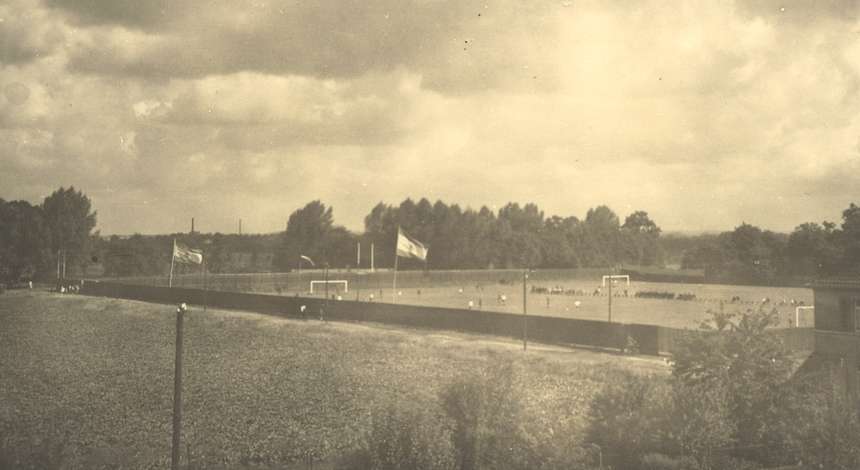
“1,200 spectators yesterday witnessed a battle for the title, in the truest sense of the word, at the pitch on Hemmelrather Weg. A battle from the first to the last minute … even if played unfairly at times, and that is part and parcel of it. The referee definitely knew when to step in at the right moment. The Opladen team played well even though their forwards could not score more goals but this was not due to their inability but rather the outstanding work by the Leverkusen goalkeeper. Opladen were particularly on top in the second half with the exception of the first ten minutes and the final attacks. The hosts could certainly say they were lucky to get a point. All the visitors players stuck to their tasks and defended well with good cover particularly in the first half. The halfbacks, namely Schlemper and Kauter, again and again drove their attack forwards and worked so hard in midfield that the team from the paint town were unable to break through. There was harmonious cooperation in the attack even if some things went astray at times.
Leverkusen’s best player was the goalkeeper König, the defence were on their toes and the halfbacks also worked hard. The build-up play left something to be desired at times, the crosses lacked accuracy and were hit too high. The forwards were satisfactory in the first half. Peckhaus stood out as the centre forward. The hosts had the slight advantage in the first half, some good chances were missed and, by contrast as mentioned above, the visitors had the best of the second half. According to the flow of the game, Opladen should have won but defending is also a skill at the end of the day. Let’s take a closer look key moments in the game:
Leverkusen were slightly on top in the first 15 minutes. Peckhaus missed once and the ball went over the bar shortly after that. A corner was cleared then the opposite end, König made a number of saves. The Opladen attack did not really get going and they got tied up in their own moves. Opladen then came into the game, the centre forward passed to the inside right and he scored the first goal with a shot that left König with no chance. Leverkusen did not give up, were courageous in attack but were unable to score before half-time.
Leverkusen applied heavy pressure from the start of the second half. A solo run by Dickbrenner led to a corner. Taken by the same player, the ball landed in the back of the net. Kauter wanted to clear but he only succeeded in putting the ball over the line (it was not his fault). Then it was over for Leverkusen, Opladen were on top with one shot after the next… into the hands of the Leverkusen keeper now … no, against the bar! Then Steinacker is unmarked by the post. The hosts had to survive some long and worrying minutes but the visitors do not manage to do anything and, with a minute to play, the home team can secure victory with Dickbrenner having the ball unmarked in front of goal… but he puts it over the bar. That, gentlemen, is followed by the final whistle. The points are shared between the brothers.”
That was a report from the 1930s. Very authentic, sometimes with a very barbed style, also thoroughly critical and always on the ball. And derby matches were played by brothers back then.
Related News
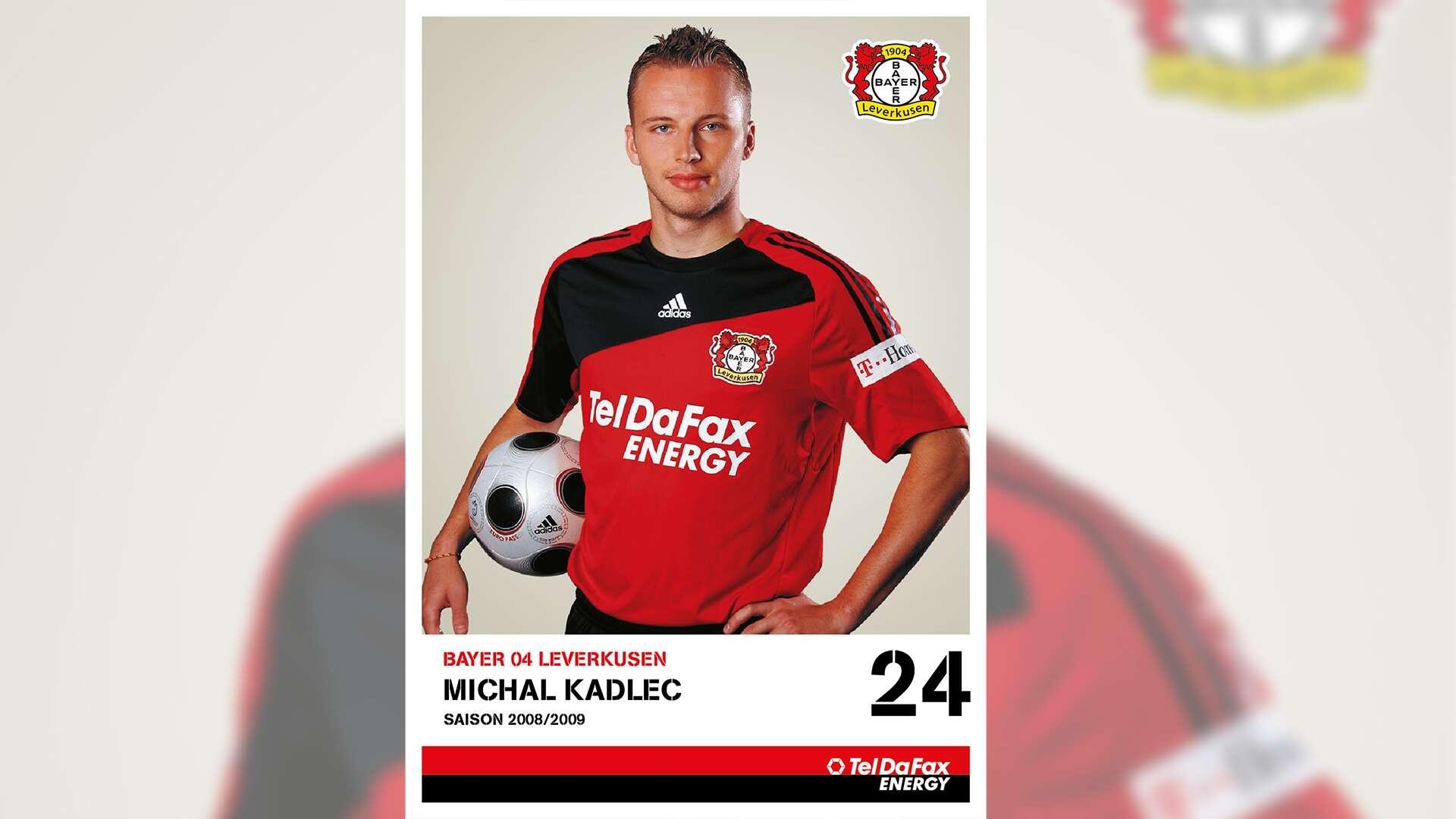
Birthday boy of the month 4: Michal Kadlec turns 40
Michal ‘Katsche’ Kadlec was born in the Czech town of Vyskov on 13 December 1984. At the age of six, he moved to the Pfalz region in Germany with his parents because his father Miroslav accepted an offer from FC Kaiserslautern where he played as a sweeper for the Red Devils for eight years. Katsche learned German in the kindergarten at Kaiserslautern. And he played football at an early age: first as a teenager at SV Alsenborn and then for FC Kaiserslautern.
Show more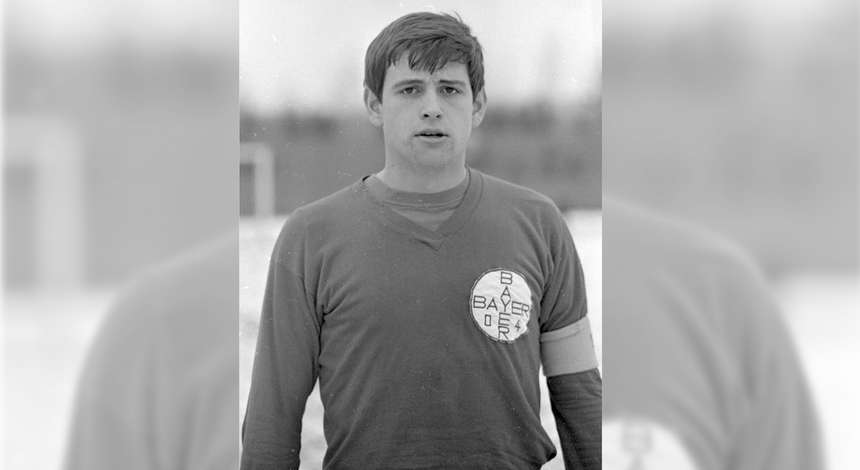
Birthday boy of the month 1: Helmut Röhrig turns 80
Helmut Röhrig was born in Leverkusen on 14.12.19 44. He learned to play football at Bayer 04 and became a Middle Rhine champion with the U19s in 1963 finishing ahead of FC Köln. He played in the second team at the Werkself in his first year in senior football.
Show more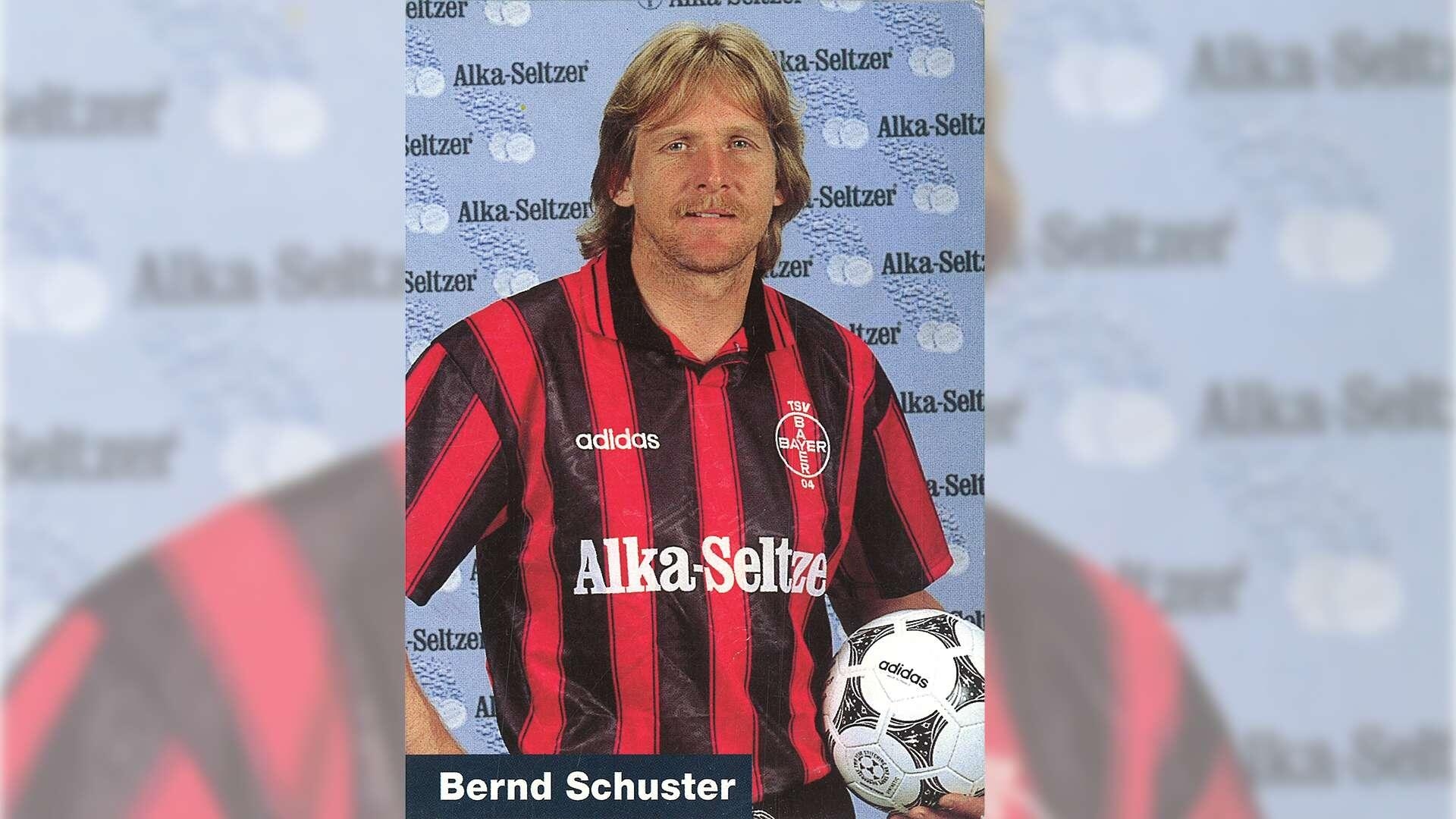
Birthday boy of the month 2: Bernd Schuster turns 65
Bernd Schuster was born in Augsburg on 22.12.19 59. His first club as a teenager was local side SV Hammerschmiede. From that time there was an anecdote that a former groundsman told us when we had a Pokal game in Augsburg in 1993. Bernd was always the first person on the training ground after school. With a running track around the pitch and goals without nets, the young Bernd practised free kicks and corners in the knowledge that he had to collect the ball himself. In that way he not only practised his technique but also worked on his stamina as a teenager.
Show more
Birthday Boy of the Month 3: Wolfgang Rolff turns 65
Wolfgang ‘Wolle’ Rolff was born on 26.12.1959 in Lamstedt, a community in the Lower Saxony administrative district of Cuxhaven. He started his football career at TSV Lamstedt. He moved on to OSC Bremerhaven with the U17s as he trained to be a retail salesman. He started in senior football at the Nordsee Stadium in Bremerhaven.
Show more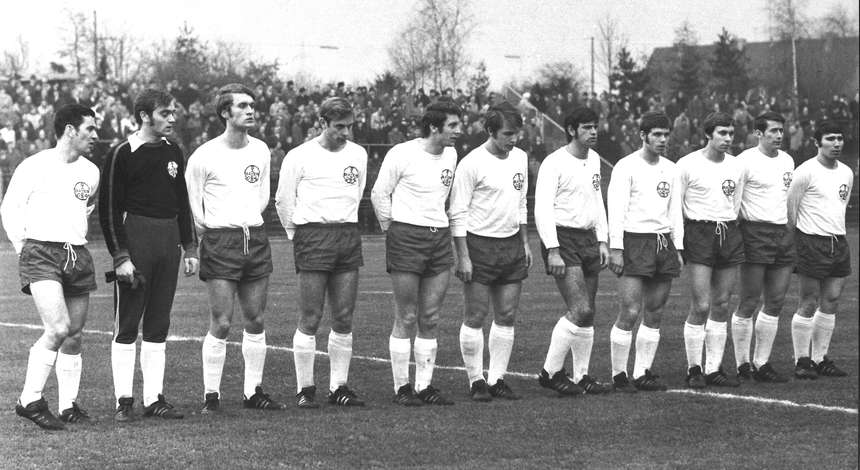
From the archives: 55 years ago – Relief in December 1969
The 1969/70 season begins with four defeats for Bayer 04. That puts the team coached by Theo Kirchberg bottom of the table. The Werkself only lift themselves out of the relegation zone on Matchday 10 with a 4-2 away win in Marl-Hüls. The position in the table improves over the course of the season.
Show more